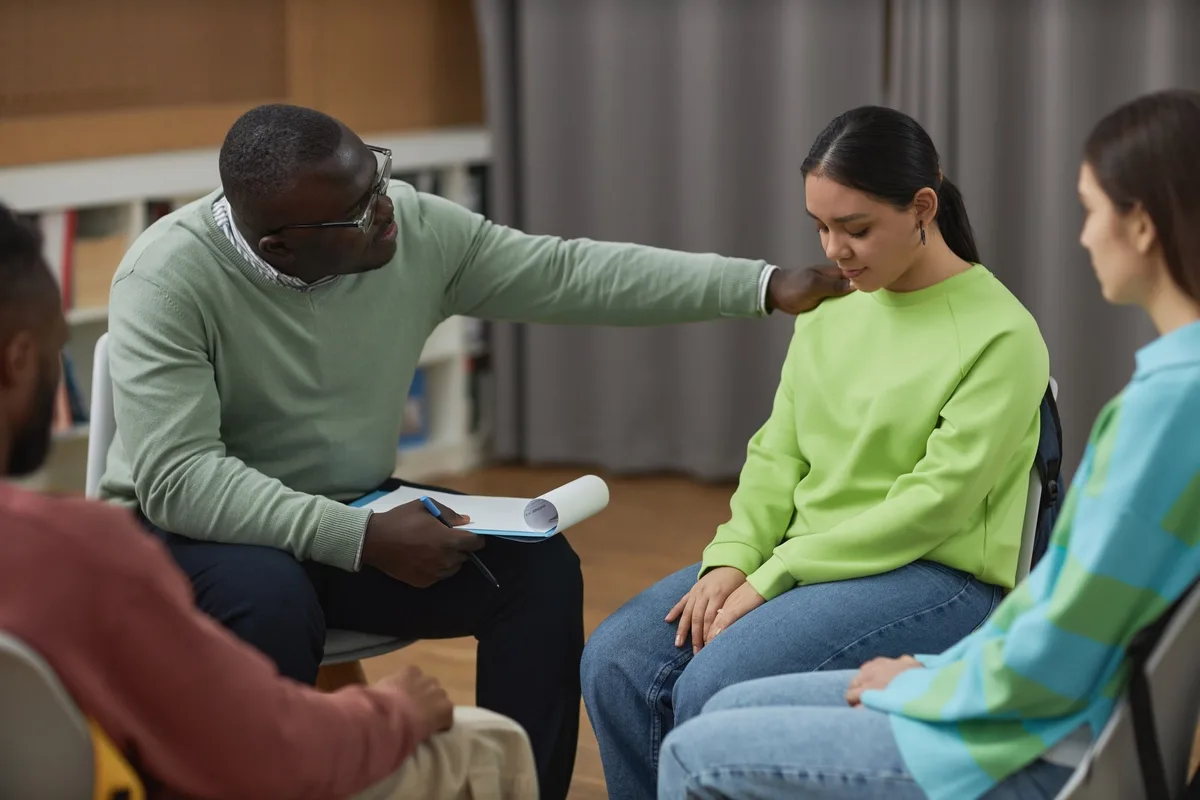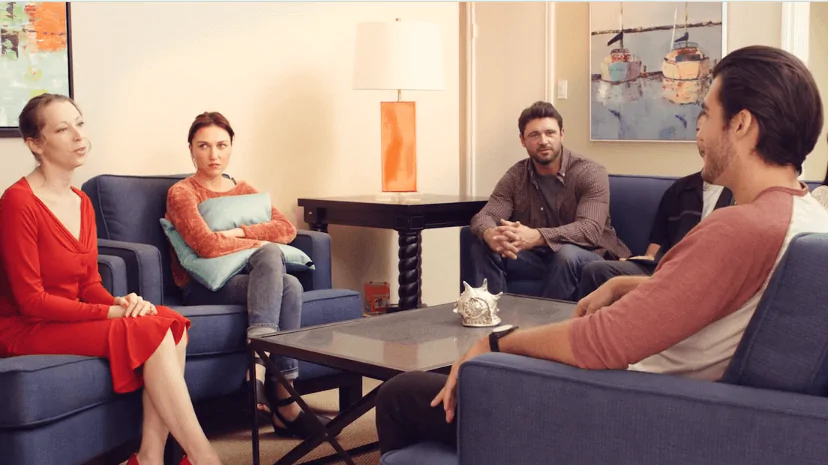24/7 Helpline:
(866) 899-221924/7 Helpline:
(866) 899-2219
Learn more about Medication-assisted Treatment centers in Watonga
Medication-assisted Treatment in Other Cities

Other Insurance Options

Health Partners

UMR

Ceridian

Ambetter

Magellan

Molina Healthcare

Carleon

Kaiser Permanente

American Behavioral

Health Net

Anthem

MVP Healthcare

State Farm

Excellus

WellCare Health Plans

BHS | Behavioral Health Systems

Oxford

Horizon Healthcare Service

Absolute Total Care

Aetna

Red Rock Behavioral Health Services
Red Rock Behavioral Health Services is a private rehab located in Watonga, Oklahoma. Red Rock Behavi...



YouthCare of Oklahoma
YouthCare of Oklahoma is an outpatient clinic that provides mental health and substance use treatmen...







































































